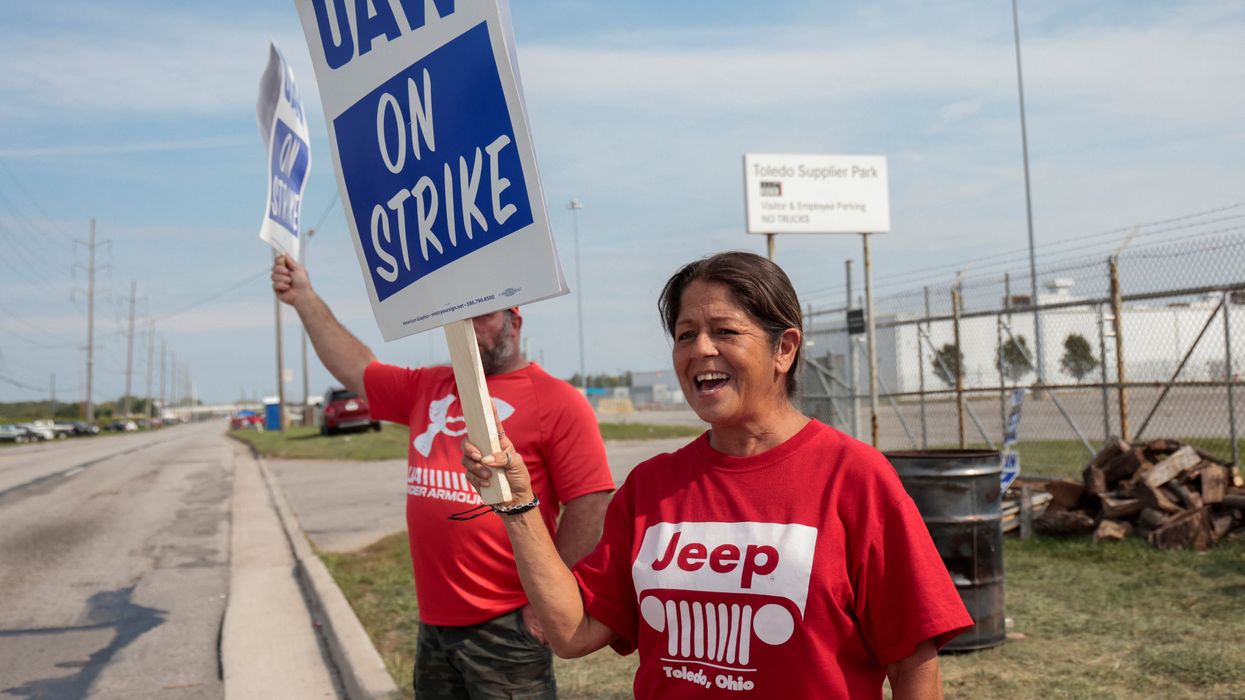Hard Numbers
HARD NUMBERS: Gaza hospitals in critical condition, trust in US media plummets (again), Mexican cops ambushed, autoworker strike expands, revisiting Grenada 40 years later
After more than two weeks of siege and airstrikes by Israel, only 23 of the Gaza Strip’s 35 hospitals are still functioning, according to the World Bank. The enclave’s five main health facilities are filled beyond capacity. Gaza authorities report at least 5,700 dead in Israel’s retaliation for the Oct. 7 rampage by Hamas in southern Israel.
Oct 24, 2023



